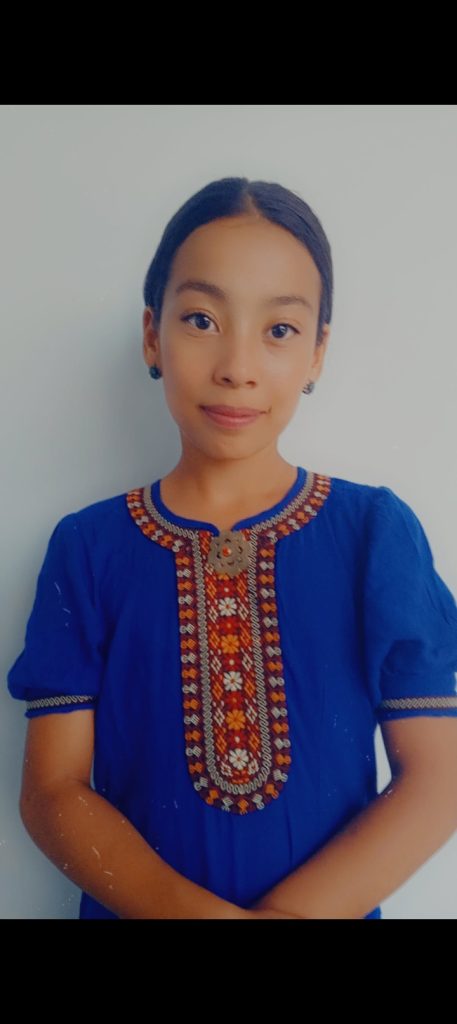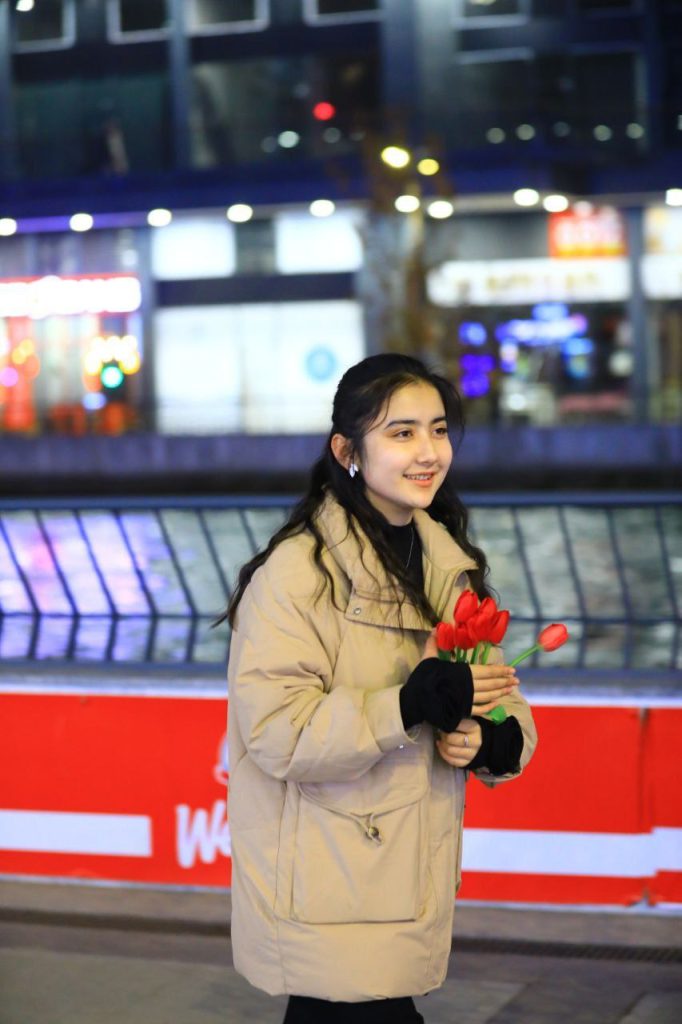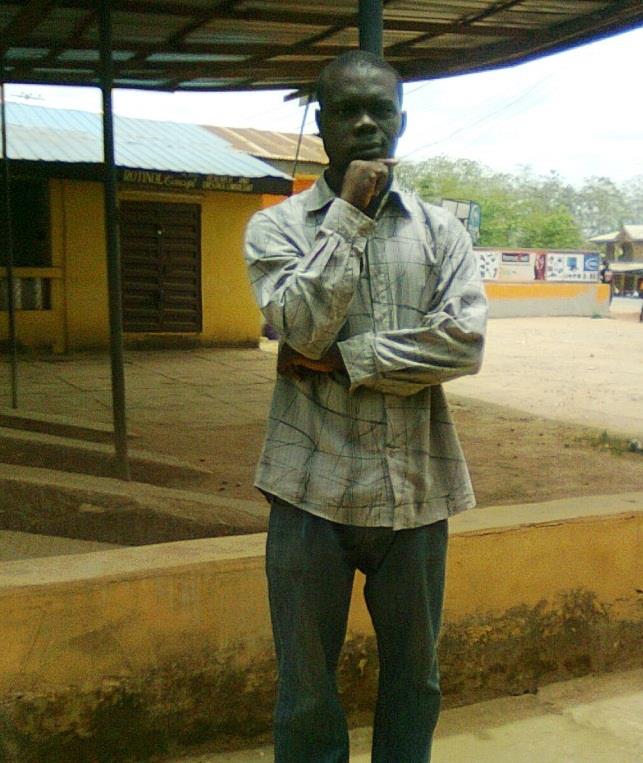
Throughout history, there are figures that never fade with time. Figures that, even if born from mythical imagination or ancient philosophical thought, continue to inspire, challenge, and teach. One such figure is Heracles – a hero who didn’t just accomplish twelve labors, but who shaped an entire cultural and ethical worldview across the centuries.
With deep emotion and admiration, Eviasmile today hosts an interview that unfolds Heracles not as a mere myth, but as a multifaceted phenomenon: historical, ethnological, philosophical, artistic, and profoundly human. The artist and researcher Konstantinos Fais, through his visual creations and in-depth study, guides us into the fascinating world of Heracles – from ancient Erytheia to Euboea and the Lichadonisia – proving that this hero is more modern and relevant than ever.
1. I came to know you through Mrs. Eva Petropoulou-Lianou, with whom I’ve been collaborating for the past year. Upon discovering your work, I was deeply moved and thought to engage in an interesting conversation about the Path of Heracles. How did your involvement with Heracles begin?
First of all, I must mention that Mrs. Petropoulou-Lianou is a calm yet powerful force in the realm of culture. Despite her cultural and humanitarian actions evolving on a global scale, she chooses to avoid showiness and unnecessary spectacle.
As for Heracles, although I was fascinated by his myth since childhood, my intensive engagement with the hero began about eight years ago, when I decided to delve into highlighting primarily Greek and broader Mediterranean culture through visual art. A thorough study of Greco-Roman literature – essential for understanding Heracles – introduced me to incredible dimensions of the myth that geographically extend beyond Hellenism, even as it developed during the Second Major Greek Colonization of the Archaic period.
The myth’s excellence became strikingly apparent and admittedly captivated me. Heracles not only survived the fall of the Greek world with the rise of the Roman Empire, but became a symbol of strength and bravery, a tool of political symbolism, and an archetype embraced by emperors. Leaders and entire dynasties in the ancient world claimed descent from him – for example, Leonidas of Sparta was considered his 20th descendant, Alexander the Great his 27th, along with Pyrrhus I of Epirus and Fabius Maximus.
From the fall of the Roman Empire through the Byzantine period, the Renaissance, and the Enlightenment, Heracles of Thebes retains his status as a paragon of chivalry, arriving in our times with undiminished prestige…in such a way that all other heroes pale in comparison.
2. According to your research, do you believe this hero really existed? What can we learn from his mythology and how can it influence modern life?
First, allow me to congratulate you on your bold and deeply thoughtful question. It’s my belief that this most dazzling chapter of Greek Mythology and of Hellenism as a whole contains a strong historical core.
It may be that the myth was inspired by a prominent Greek figure from the Bronze Age, or a succession of notable individuals whose deeds merged into a unified mythological narrative. The ethnological approach, based on Greek and Roman sources starting with Herodorus of Pontus, suggests that there were at least seven mythical figures named Heracles – and the Roman scholar Varro mentions 43! Roman author Mavrus Servius Honoratus notes that even before the Roman Empire, any man of immense strength was dubbed “Heracles” by the Romans.
Of course, there’s also the contrasting theory that the myth is a purely philosophical construct, its interpretation shifting with the times and the author. Regardless, the knowledge and values transmitted through the myth – from archaic and classical antiquity to modern life – constitute undeniable cultural and moral wealth.
The truth is that Heracles’ myth is transformed throughout recorded history: from Homer’s “performer of great deeds,” to the “king of empires from East to West” in Dio Chrysostom, and then to the “benefactor of the people” in John Tzetzes of the 12th century AD. His character evolves fascinatingly.
Consider the myth’s wide reach in the ancient world – from the island of Erytheia west of Tartessos to the Aornis Rock in Asia, from the Hyperboreans to Ethiopia – people everywhere told of his exploits. As for what he teaches us: to purify our soul and follow the path of Virtue requires constant struggle and sacrifice, regardless of origin or status.
Despite his many epic feats, if I were to choose one defining moment of his life, it would be the famous allegory by the sophist Prodicus – the crossroad where Heracles must choose between Virtue and Vice, ultimately choosing Virtue. As Pythagoras also said, it is the difficult tasks that lead to virtue, not the pleasant ones. He called virtue “the law of the gods” and great-heartedness, prudence, and bravery “strong anchors.”
3. In exploring the etymology of the name “Heracles,” I found that it means “the glory of Hera.” But according to mythology, he was pursued by the goddess Hera. How do we reconcile this?
First, it’s worth noting that Heracles was also descended from Perseus and Alcaeus, which is why he was initially called Alcaeus or Alcides, after that ancestor. Mythological accounts differ by era, region, and author.
The version you refer to is explained as follows: Hera, to punish Zeus’s infidelity, sent two snakes to kill the infant Heracles. I’m fond of the astronomical detail from Theocritus of Syracuse, who wrote that “on the night the Bear [Ursa Major] tilted westward, two snakes with sparkling eyes, dark venom, and terrible fangs charged at Heracles.” Yet the baby strangled them with ease and, when Amphitryon entered the room in a panic, Heracles joyfully tossed the dead serpents at his foster father’s feet.
Another “earthly” version from Pherecydes of Athens claims it was Amphitryon himself who placed the snakes in the cradle to see which child was his own. When the people of Argos learned what had happened, they gave the boy the name “Heracles” – meaning he earned glory (kleos) because of Hera.
Another version: after Hera drove him mad, causing him to kill his own family, Heracles sought purification at the Oracle of Delphi. There, the Pythia gave him the name Heracles – “he who glorifies Hera” – as a form of spiritual redemption.
If we set aside Hera, there are other theories. Diodorus Siculus says the Heracles of Zeus and Alcmene – “the third and final one, who lived just before the Trojan War” – inherited the name from two earlier figures: the Cretan Idaean Heracles and an Egyptian Heracles. Because he lived a similar life to theirs, it was believed that “through all the ages, there was only one Heracles.” This is part of what we call the “ethnological prism” of Heracles.
Lastly, the philosopher Porphyry wrote in On Statues that Heracles was a name for the Sun, from klasthai pros ton aera – “to move toward the air,” symbolizing the sun’s journey from east to west, which purifies the Earth of evil. Thus, the twelve labors were linked mythologically to the zodiac cycle.
And regarding Hera’s jealousy: ironically, it was her milk that made Heracles immortal and created the Milky Way. This strange twist, as Diodorus puts it, shows how his birth mother abandoned him out of fear, while the source of his fear – his stepmother – unwittingly gave him divine nourishment.
4. I’ve volunteered for over nine years supporting people with disabilities. Could you share a bit about your artwork and your collaboration with the Lighthouse for the Blind?
Allow me once again to express my sincere admiration for your work. That collaboration was a unique and truly profound experience for me. It’s a real challenge for a visual artist to create for those with visual impairments, as sight is a primary mode of receiving information.
I had to carefully select the appropriate artistic pieces to fulfill this goal. We raised the bar for knowledge through Art and ancient literature because inclusion is a social imperative without boundaries. The first piece adapted into tactile format through the pioneering PIAF method was a portrait of Heracles.
5. Through your artistic perspective, can we find the path of Virtue that Heracles followed?
Regarding my art, I can confidently say that it is an effort to highlight our sacred and ancient heritage through each work – the result not only of long-term research but also of selfless love for our heroic and genealogical lineage.
From our modern elders to the ancients, our legacy is unified, and I believe we must respect it and build our future upon its timeless teachings. That said, distancing myself from narrow ideologies or opportunism, I believe it is up to each person to interpret visual stimuli in ways that serve both personal and collective good.
Greed, excess, and superficial modern lifestyles have caused spiritual atrophy in humanity – what Periander once called a “burdensome inheritance.” As Thucydides said, “Without courage, no art holds power over danger.” Food for thought…
6. On your social media, I noticed some of your works have been animated through AI. Can you tell me more about that?
Yes, depending on the context, I was initially hesitant – even skeptical – about artificial intelligence. But I eventually gave in to curiosity and experimented a bit. I must admit, I was impressed with the results.
However, as an artist rooted in classical and Hellenistic styles, I’ll approach this realm with great caution. We “old-school” researchers and artists still say nothing compares to the “smell of paper.” I’m in favor of progress, of course – but with respect for our roots and ethical framework.
7. While writing this interview, I thought schools could organize activities to help students learn about Heracles and draw life lessons from him. What do you think of this idea?
It’s an excellent idea – the real question is whether the authorities are willing to implement it with maturity and vision, as the greatest hero deserves. If we continue to treat Greek mythology – and Heracles in particular – merely as bedtime stories, there’s little hope for serious progress.
Heracles is an epic saga that’s been burning bright for 3,000 years. Interpreting his myth requires a multidimensional approach, and to incorporate it into education effectively demands thoughtful planning.
It should begin with simple storytelling at the early stages, then gradually delve into primary sources and the myth’s historical evolution – from Antiquity, the Middle Ages, the Renaissance, the Enlightenment, to the 19th-century comparative theories and 20th-century psychoanalytical and structuralist interpretations.
Higher education institutions should also take this more seriously. As far as I know, that’s not yet happening. For any such attempt to bear fruit, wisdom and care are essential.
8. Before we conclude this wonderful discussion, is there a final message you’d like to share with Eviasmile readers?
This truly was a beautiful discussion. I’d like to share a myth related to your island. Beyond Heracles’ connection to the healing springs of Aidipsos, tradition tells us that after he conquered Oechalia and took Iole, the daughter of the city’s king, they went to Euboea – to Cape Cenaeum – where he built an altar to Cenaean Zeus.
To offer a sacrifice, he sent a herald, Lichas, to nearby Trachis to bring him his ceremonial robe. However, Lichas revealed the whole affair to Heracles’ wife, Deianira, who, overcome with jealousy, gave him the tunic soaked with Nessus’ blood.
Heracles wore it to perform the sacrifice, but the poison seeped into his flesh, causing it to rot. In pain and rage, he hurled Lichas into the Euboean Sea. From the fragments of Lichas’ body, the Lichadonisia islands were said to be formed.
The Italian sculptor Antonio Canova immortalized this scene with a technique equal to Hellenistic sculpture over 200 years ago. Today, one can admire this neoclassical masterpiece at the National Gallery of Modern Art in Rome.
On a related note, I’m also intrigued by the Lelantine War of your island, as recorded by Thucydides – one of the defining events of early Greek history.
In conclusion, I’m truly pleased that Eviasmile has shown such genuine interest in Heracles and the glories of our ancestors through this wonderful interview. Euboea’s rich legacy must be preserved and promoted through coordinated effort.
This interview is not merely a conversation about Heracles – it is a journey into the essence of Virtue, Courage, Sacrifice, and Faith. Our guest, with grace, depth, and a deep sense of cultural duty, reminds us that the past is not dust on library shelves, but a guide toward a more meaningful future.
Eviasmile is honored to host voices that respect tradition, elevate our cultural identity, and inspire new generations to walk – like Heracles – the difficult but redemptive path of Virtue. Because ultimately, every heroic deed begins with one question: “What kind of person do you want to become?”





